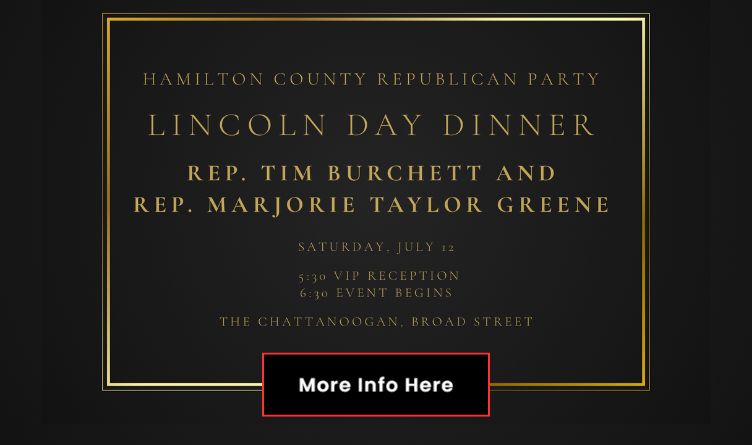Image Credit: Marta W. Aldrich
This story was originally published by Chalkbeat. Sign up for their newsletters at ckbe.at/newsletters.
By Melissa Brown [Chalkbeat Tennessee] –
As Tennessee lawmakers debated a new universal voucher program earlier this year, one financial analysis projected that 65% of vouchers would go to students already enrolled in private schools.
Now, it will be impossible to determine whether that projection was accurate.
Tennessee families do not have to report their previous school enrollment in the new statewide voucher program application, a gap that will leave Tennesseans in the dark about whether the program will significantly expand private school access for public school students or send millions in public funds to students already enrolled in private schools.
State education officials won’t explain why they aren’t asking about prior enrollment, data which is regularly collected by other states administering similar voucher programs.
The Tennessee Department of Education has not responded to Chalkbeat Tennessee inquiries about the decision and whether the state intends to collect additional information in the future.


In a statement, Gov. Bill Lee’s office said the legislation enacting the program did not require the state to collect the information.
The lack of data collection on these issues is a notable departure from the state’s initial voucher program, the Education Savings Accounts initiative. The program, available in three counties since 2022, continues to require parents to report the specific school their child was previously enrolled in to apply.
The new voucher program application also does not require families to report household income if they are applying for one of the 10,000 available slots without an income cap.
Tennessee launched applications in mid-May for the program, which will provide 20,000 students with about $7,295 to spend at private schools. In the first year, half of the vouchers are set aside for families who earn below a certain income cap, with the other “universal” half open to all applicants.
Rep. Caleb Hemmer, a Democrat from Nashville who has been critical of the Lee-backed voucher program, has requested further information from state education officials about why they’re collecting less data about students in a significantly expanded program.
“Even if you’re pro-voucher, you would think you’d want some of this information so you could see where these parents are moving their kids from,” Hemmer said.
The new application stands in stark contrast to similar voucher programs around the country.
States like Arizona, Florida, North Carolina, and Alabama regularly collect and publish data surrounding previous school enrollment, and lawmakers have used similar data as a marker to gauge which communities the programs are reaching. In March, Alabama officials released data showing more than 66% of applicants to the program were already private school or homeschooled students. The first year Florida’s voucher program expanded, the state released data showing about 69% of students were already enrolled in private schools.


Hemmer sharply criticized the Tennessee Department of Education this week, questioning whether it was a calculated decision to “shield some of this information so they don’t have to worry about negative headlines.”
“It’s a new program, and these data collections are very crucial to understanding how and if these programs work,” Hemmer said. “This is a signature initiative of the governor. I would think the governor’s office and the Department of Education commissioner in charge of managing this would want to know everything possible in how this is operating.”
K-12 Education Subcommittee Chairman Kirk Haston, a Republican from Lobelville, said he was less concerned with the lack of prior enrollment information and suggested the new voucher application shouldn’t be compared to the previous program.
“One of the key pieces of data to me is if the funds are getting back to Tennessee taxpaying parents,” Haston said.
State officials have remained tight-lipped about many details of the EFS application process through the summer. The governor’s office has appeared closely involved in communications about the program, which has been Lee’s signature issue for many years.
In May, following media inquiries, Lee’s office and TDOE released a joint statement noting that more than 33,000 people had applied for the program.
How many applicants the state has accepted or denied is not yet clear.
The TDOE has not responded to Chalkbeat Tennessee requests this summer for how many applicants have been accepted or provided specific information on whether the department has filled 11 positions the legislature funded to help administer the voucher program.
***Note from The Tennessee Conservative – this article posted here for informational purposes only.***













